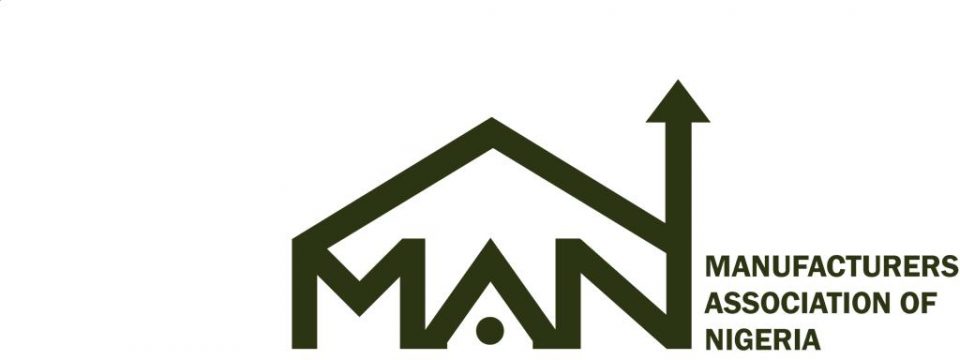By Charles Okonji
The naira redesign and the new cash withdrawal limits policy by the Central Bank of Nigeria (CBN) which was introduced in the second half of 2022 may have come and gone, but the effect on the manufacturing sector still lingers.
Most manufacturers are yet to recover, while some other have shut down production and some other like the SKG have exited the scene.
According to the Manufacturers CEOs Confidence Index (MCCI), the scarcity of both old and new naira notes across all banks and electronic payment channels in the country meted severe hardship on manufacturers.
The MCCI revealed that prolonged crisis nearly crippled manufacturing companies with about 20% and 30% decrease in sales for consumer goods and cement respectively.
“The crisis impacted negatively on the manufacturers by directly limiting their working capital, thus halting their daily business operations. In addition, the naira scarcity crushed the consumer patronage of manufacturing firms and resultantly escalated their volume of inventories, especially for retail goods. By exposing the highly cash-based distributive trade sector to great risk, the economic crisis had severe consequences on the manufacturing value chain and cost of logistics.
“The substantial reduction in money velocity left opportunity for speculation and ignited the creation of a naira black market that compounded the woes of manufacturers already plagued by insufficient forex. The naira scarcity clearly wiped out numerous small and medium manufacturing businesses whose transactions were cash-based, especially those within the agro-allied industries who regularly deal with local farmers in remote towns where no formal banking is in sight,” the MCCI reads.
The MAN CEOs Conference Index further shows that the exorbitant POS charges on cash during the period under review constrained the operations of resilient manufacturing SMEs and worsened their cost of doing business.
The MCCI however explains that the country’s transition to a cashless economy requires no urgency or policy aggressiveness considering that a lot of progress has already been made.
“A comparative analysis of the country’s cashless status has shown that while the ratio of cash to GDP in Europe, U.S. and South Africa are respectively about 10%, 6% and 3.5%, Nigeria’s ratio is impressively below 1.5%. Therefore, achieving a full cashless economy should not be the pressing issue when there are tougher challenges of insecurity, exchange rate volatility, skyrocketing inflation, energy disruption, over bloated fiscal debt, dwindling foreign reserves, business collapses and daily divestments.”
The MCCI pointed out that the Aggregate Index Score (AIS) of MCCI declined to 52.7 points in the second quarter of 2023 from 54.1 points recorded in the first quarter of 2023.
“Among the standard Diffusion Factors, Current Business Condition and Business Condition for the next three months stood at 48.9 and 58 points respectively. Current Employment Condition (Rate of Employment) declined to 50.2 points from 50.7 points recorded in the first quarter of 2023 but remained marginally above the 50-point benchmark.
“Employment Conditions for the next three months further plunged below the benchmark points to 46.6 points against the 47.8 points obtained in the preceding quarter. On the other hand, Production Level for the next three months remains strongly above the 50-point benchmark but reduced to 59.8 points from 61.8 points recorded in the first quarter of 2023.
“While other diffusing factors exceeded the 50-point benchmark index, Current Business Condition and Employment Condition for the Next Three Months deteriorated to 48.9 and 46.6 respectively. The decline in the Aggregate MCCI underscores the persistent harsh operating business environment for manufacturers which was occasioned by escalating energy cost as well as necessary but poorly coordinated subsidy and exchange rate reforms.”




